Learning to see God's glory in others and ourselves!There's a story in the Bible where Jesus spits on a blind man's eyes and helps him to see things he's never seen before. The one thing I love about the story, in addition to the image I have of Jesus spitting on some guys eyes that didn't have a chance to see it coming, is the fact that the healing was a process. Jesus grabs the blind man by the hand, leads him out of the village, and then he rubs saliva on the dudes eyes. Still no sight. So he touches his eyes. Jesus checks with the guy to see how the miracle is progressing. "Do you see anything?" he asks. Only partial sight; far less than 20/20 vision. "I see people," the blind guy says, "They look like trees walking around." Jesus could have patted the guy on the back and said, "That's good enough for me." But he doesn't settle for partial sight. He wants the guy to see all the mysterious wonders of life, so he touches him again. Once more Jesus put his hands on the man’s eyes and his sight was fully restored. He saw everything clearly. This story gives me confidence that Jesus will continue to touch my eyes, over and over again, as long as it takes, (he might even spit on my eyes if necessary) to help me see the kingdom of God swirling around my life. I want to see God's glory! But far too often, I miss it. I see people right in front of me and they look like trees walking around. Heck, on some days I look at myself and that's all I see. I know there is more divine mystery and wonder wrapped up this material world we live in. I want Jesus to touch my eyes so I can see it clearly. Below, I have written five devotions based on this story from the Gospel of Mark. I hope the process of reading and reflecting on the devotions will help you see God's glory more clearly today than you did yesterday. They came to Bethsaida, and some people brought a blind man and begged Jesus to touch him. He took the blind man by the hand and led him outside the village. When he had spit on the man’s eyes and put his hands on him, Jesus asked, “Do you see anything?” He looked up and said, “I see people; they look like trees walking around.” Once more Jesus put his hands on the man’s eyes. Then his eyes were opened, his sight was restored, and he saw everything clearly. (Mark 8:22-25) FIRST TOUCH
SECOND TOUCH
THIRD TOUCH
The time has come,” he said. “The kingdom of God has come near. Repent and believe the good news! (Mark 1:15) FOURTH TOUCHThe difference between most religious leaders and the visionary leadership of Jesus is summed up in a quote by Antoine de Saint-Exupery, “If you want to build a ship, don’t drum up men and women to gather wood, divide the work and give orders. Instead, teach them to yearn for the vast and endless sea.” The former is a taskmaster, the latter a visionary motivator. Jesus painted a compelling vision of a new future and then led the way, through self–giving sacrifice, to make his vision a reality. Jesus spoke in parables, told stories, and painted word pictures of what heaven was like and insinuated that with his presence the time had come for the realities of heaven to be let loose on earth. What a wild and mysterious vision! How could we ever settle for building institutions and consumer–driven churches when the kingdom of heaven on earth is what Jesus had in mind? GO & DO: Do you want to build ships? Or, do you want to follow Jesus into the vast and endless sea? FIFTH TOUCHSome folks live and die by the axiom, “I won’t believe it until I see it.” Others know full well, there are some mysteries in life that we cannot see until we believe. The kingdom of heaven permeating earth, is one of those mysteries. In order to see the realm of heaven through the pervading fog of darkness and despair that covers our world, we must have eyes of faith and a strong theology of hope. We need the brand of optimism that Dietrich Bonhoeffer exemplified and wrote about while imprisoned in the Nazi concentration camps. Bonhoeffer spoke about authentic optimism as a “will for the future” that “should never be despised even if it is proved wrong a hundred times.” This brand of optimism, says Bonhoeffer, “is health and vitality.” GO & DO: If you feel despair today, change your mind and believe the good news!
1 Comment
I used to think being smart meant having all the right answers . . . now I know, real wisdom begins with asking the right questions. There was a time in my “religious” life when I thought having faith meant being certain about the mysteries of God. Following Jesus for the past forty years has changed my way of thinking. Now I marvel at the mystery of God and try to remain faithful in a life filled with uncertainty. I know far too many Christians who think our eternal destiny is wrapped up in having the correct answer to the “Jesus” question, rather than learning how to ask Jesus questions. Jesus is more interested in teaching us how to ask good questions, rather than hearing us recite “doctrinally correct” answers? I believe that’s true, because asking Jesus good and honest questions about life, will lead us closer and closer to the heart of God, who created life in the first place. This week I will be writing five devotional thoughts based on questions Jesus asked his disciples. I hope contemplating these questions will draw you closer to God and inspire you to ask more questions. Read John 21:15-19 In John, Chapter Twenty-one, Jesus takes a walk on the beach with Simon Peter. While they stroll along, kicking sand from their sandals, Jesus asks Peter, “Simon son of John, do you truly love me more than these?” What—or who—do you think Jesus was referring to when he said, more than these? The catch of fish; Peter’s fishing enterprise; the other disciples? Jesus has a way of asking contemplative questions that make you go, hum. Go and Do: As you walk through your day consider what Jesus might point to and ask, “Do you love me more than these?” Read Mark 5:21–43 Over and over again, the Gospel stories show how Jesus lived close to human suffering; close enough for a sick woman to touch his clothes, crowds of people to “press around” him, and for a little girl on the threshold of death to hold his hand. His proximity to human suffering brought relief to people living with pain. Go and Do: Consider how your proximity to human suffering and injustice can make a difference in your neighborhood? Read Mark 12:13–17 A group of Pharisees and Herodians set out to trap Jesus in a chargeable offense. Their intent was to have him publicly sanction tax evasion. To refute their accusation Jesus looks at a coin and asks the question, “Whose image is this? And whose inscription?” He then declares, “Give back to Caesar what is Caesar’s and to God what is God’s.” Jesus makes a distinction between the empires of this world and the kingdom of God. He makes it clear that each realm inscribes its image on the resources and the economic processes that belong to it. Go and Do: Where do you see the image of God? Where do you see the inscription of the Empire? How can you give your resources more fully to the kingdom of heaven? Read John 8:1–11 In this story we’re placed in the middle of a drama, where two distinct cultures collide. On the one hand, we encounter a culture of shame and blame; on the other, we experience a culture of grace and new beginnings. When Jesus stoops down to doodle in the dirt, he responds to the drama with a non–anxious presence. His action, and his confrontation of the woman’s accusers, creates a safe and protected place for the woman caught in the act of adultery. Cultures of blame and shame diminish the lives of all who are trapped in the culture, both the judge and the judged. Cultures of grace create the space for freedom and new beginnings. Go and Do: How can your non-anxious presence help create a culture of grace in your community? Read Luke 22:24–30 On more than one occasion, the disciples of Jesus have a dispute about which one of them is the greatest. Jesus redirects their petty argument by asking a question: “Who is greater, the one who is at the table or the one who serves? Is it not the one who is at the table? But I am among you as one who serves.” Jesus doesn’t rebuke his friends for their aspirations; he simply redefines what it means to be great. In the kingdom of heaven humility and service are the hallmarks of greatness. Go and Do: Today, act justly, love mercy, and walk humbly with God. If you do, heaven will notice.
"I no longer call you servants, because a servant does not know his master’s business. Instead, I have called you friends, for everything that I learned from my Father I have made known to you. " John 15:15 Much has been written about the value of servanthood in the Christian life; yet Jesus seems to place a priority on friendship, over and above service. If not a priority, at least it appears from this conversation, the desired outcome of service in the kingdom of God is learning what it means to be a friend of God. If discipleship means learning from a “master” how to do what the master does best, I suppose one of the relational skills we can learn from Jesus is how to be the best friend we can possibly be. Can you imagine learning how to befriend other’s the way Jesus befriends you? It starts with hearing Jesus call you friend. On multiple occasions, Jesus gets accused of “hanging out with the wrong crowd.” In his own words, Jesus said it this way, The Son of Man came eating and drinking, and you say, ‘Here is a glutton and a drunkard, a friend of tax collectors and sinners’ (Luke 7:34.) Following the way of Jesus will lead us to the margins of society, where we can learn the true meaning of friendship by friending those whom the world de-friends. In his book, Tattoos on the Heart, Gregory Boyle writes, “The measure of our compassion lies not in the service of those on the margins but in our willingness to see ourselves in kinship with them.” He goes on to say, “Jesus was not a man for others. He was one with others. There is a world of difference in that. The strategy of Jesus is not centered in taking the right stand on issues, but rather in standing in the right place—with the outcast and those relegated to the margins.”. It was Helen Keller who said, “Walking with a friend in the dark is better than walking alone in the light.” I’m sure the paralyzed man, who was carried to Jesus on a mat by four friends, felt a similar sentiment. We all need a trusted friend who will hold the corner of our mat when we’re down or walk with us through dark valleys. As the four men lowered their friend through the roof of a stranger’s house, Jesus marveled at the display of faith and friendship. They were innovative, enthusiastic, and determined to get their friend close to Jesus. Peering through the hole in the roof, looking down through the dust floating in the rays of sun light that now brightened every corner of the dimly lit house, they heard Jesus say to their buddy on the mat: Friend, your sins are forgiven . . . get up, take your mat and go home. Faith and genuine friendship will carry us to a place where grace, wholeness, and light abound. In his Sermon on the Mount, Jesus preaches, love your enemies. In the Garden of Gethsemane, he shows us how it’s done. In his darkest hour, Jesus prays alone while his best friends take a nap. Adding to his sorrow is the knowledge that when his enemies arrive, his friends will flee. Among the mob of enemies stands Judas, who betrays Jesus with a kiss. In that intimate space, with their faces cheek to cheek and their eyes locked, Jesus tells Judas that his deep regard for him as a friend has not wavered: Do what you came for, friend. When Peter finally wakes up, he reacts with violence and starts brandishing his sword, cutting off the ear of a man in the mob. Jesus stops the violence, tells Peter to put away his sword, and then heals the one wounded by the insanity of hatred. Gandhi once said, “To befriend the one who regards himself as your enemy is the quintessence of true religion.” After three years of sharing life-on-life with his friends—teaching them about love and friendship, and how to live their truest life in the kingdom of God—Jesus begins to forecast the road of sacrifice that lies ahead. To help ensure they comprehend the significance of the cross, he tells them, ever-so-gently, Greater love has no one than this: to lay down one’s life for one’s friends. I believe Jesus paused for a moment, allowing his words to settle into the hearts of his disciples before he said the next sentence, which begins with the phrase: You are my friends! The truest of friends, who pursue the purest expressions of love, will gladly travel the road of sacrifice together.
All you need to say is simply ‘Yes!’ or ‘No’; anything beyond this comes from the evil one. Matthew 5:37 No matter how many promises God has made, they are Yes in Christ.And so, through him the “Amen” is spoken by us to the glory of God. II Corinthians 1:20 I have a friend who says “YES” to everything he possibly can. Joe is no doubt the most fun-loving, positive thinking person I know. His joy is so contagious he adds life to any social gathering he attends . . . even funerals. My friend has an obsession with roadside attractions and will drive sixty minutes out of his way to see things like the world’s largest hot dog or a statue of Jesus, wearing a cowboy hat. If he wrote down his bucket list it wouldn’t fit on the world's largest roll of toilet paper. When I spend the day with Joe I go home wondering: How many lives would I have to live to say yes to every life-giving opportunity heaven offers? Certainly, more than a few. Maybe that’s why the idea of eternity strikes a chord in my heart of hearts—I simply need more time! One life is not enough! But, one life is all we have. Therefore, today is a good day to create your own personal “YES” plan. On my Yes Plan I have identified five life–giving opportunities that I want to say yes to, every chance I get. Most of us want to say yes to everything that adds beauty, truth, or a sense of adventure to our lives. But we can’t. We must pick and choose. Saying yes to one good thing requires saying no to countless other good things. Jesus was a master at letting his yes be yes and his no be no. He was not easily distracted, nor confused about his purpose. He leaned deep into relationships, built a learning community with his closest friends, and spent his life helping others discover the kingdom of God. When his work was finished, a door was opened for all people to live full and abundant lives. No, we can’t do everything! But everything we do, can be done in a way that imitates the way of Jesus — the way of resolute love! All you need to say is simply Yes! It was Archbishop Fulton Sheen who originally said, “There are two ways of waking up in the morning. One is to say, 'Good morning, God,' and the other is to say, 'Good God, it’s morning'!” On those mornings when it takes two cups of coffee before you remember that God exist, it may help to soak in the assurance of God’s mercy and spend a moment reflecting on God’s promises. After the caffeine has done its magic, and before you rush out to meet your day, re-read the words of Saint Paul, “No matter how many promises God has made, they are Yes in Christ.” When the people of God were living under the burden of exile, exhausted and oppressed by the Babylonian empire, Jeremiah reminded his community of God’s promise: Because of the Lord’s great love, we are not consumed, for his compassions never fail. They are new every morning. Every sunrise is another invitation—sent from God—to the celebration called life. All you need to say is simply Yes! Agree with Jesus and you’ll find yourself in the middle of an epic conflict—a struggle between the way life is supposed to be and the way things are. Jesus said, “The thief comes only to steal and kill and destroy; I have come that you may have life, and have it to the full.” Each morning presents a choice: Do we join Jesus in his quest for justice—living in a way that demonstrates the values of heaven? Or, do we collude with the thief? Jesus once told a story about a judge who withheld justice from an oppressed widow. The woman’s relentless appeal eventually persuaded the judge to rule in her favor. Jesus resolves the story by contrasting God’s heart to the apathetic judge – Will not God bring about justice for his chosen ones, who cry out to him day and night? Jesus closes his story telling with a question: When the Son of Man comes, will he find faith on the earth? In light of the story that precedes the question, I think Jesus wants to know if we will be like the persistent widow. Will we join God and help bring justice to those who cry out day and night? All you need to say is simply ‘Yes!’ “Isn't it amazing,” asks Desmond Tutu, “that we are all made in God's image, and yet there is so much diversity among [God’s] people?” We sell ourselves short, and limit our spiritual growth, when we only associate with folks who look and believe like us. Jesus had a special affinity with people who were devalued by the dominate culture. In the parable of the sheep and goats Jesus identified himself with the poor, with the stranger and the sick, and with those who were incarcerated, by saying, “whatever you did for one of the least of these brothers and sisters of mine, you did for me.” We come close to Christ—and grow in our awareness of God—when we embrace diversity and include the excluded in our circle of friends. All we need to say is simply ‘Yes!’ In 1597, Saint Paul Miki, a Jesuit priest and a native of Japan, was crucified alongside 26 other Christians. The place of their martyrdom was a hillside overlooking Nagasaki, now known as Holy Mountain. From the cross, Brother Miki preached these words: Ask Christ to help you become happy. I obey Christ. After Christ’s example I forgive my persecutors. I do not hate them. I ask God to have pity on all, and I hope my blood will fall on my fellow men as a fruitful rain. Saint Miki’s story brings to mind the counsel found in Hebrews, chapter twelve: Let us run with perseverance the race marked out for us, fixing our eyes on Jesus, the pioneer and perfecter of faith. For the joy set before him he endured the cross, scorning its shame, and sat down at the right hand of the throne of God. Whatever hardship life marks out for you, fix your eyes on Jesus, and like Brother Miki ask Christ “to help you become happy.” Reflecting on the crucifixion of Christ and Brother Miki's example, it appears the path way to joy is the path of grace and forgiveness. All we need to say is simply ‘Yes!’ “When I broke the five loaves for the five thousand, how many basketfuls of pieces did you pick up?” “Twelve,” they replied. “And when I broke the seven loaves for the four thousand, how many basketfuls of pieces did you pick up?” They answered, “Seven.” He said to them, “Do you still not understand?” -- Mark 8:19-21 A Red–Letter community, based on the values of Jesus, will take seriously the economy of God’s super–abundant kingdom. They will share good things with others, freely and abundantly. The joy they receive from giving will affect the ethos of the community and a culture of generosity will be created. The ripple effect that goes out from this generous community will be contagious and produce immeasurable results.
“Give, and it will be given to you. A good measure, pressed down, shaken together and running over, will be poured into your lap. For with the measure you use, it will be measured to you.” Luke 6:38
It was Saint Augustine who said, “God is always trying to give good things to us, but our hands are too full to receive them.” Generosity is best understood when placed on a continuum. On the one end is an altruistic lifestyle that believes in the super–abundance of God’s economy and freely gives good things to others. On the other end is a consuming lifestyle that hoards resources with an insatiable desire for more. Red Letter Christians will make an honest assessment of where they fall on the continuum and then make a conscious decision to move toward a more benevolent life. Thanksgiving has come and gone. Looking back, I think I forgot to say grace before I devoured the turkey. I hurried my way thru “Giving Tuesday without giving a second thought to any of the organizations that popped up in my in box. Christmas is on the horizon and I’ve spent most of my free time decorating the house and thinking about me. So far it's been a "Happy Holiday Season" but I'm reminded that Jesus said, we will be far happier giving than receiving. His words make me pause and wonder, "Would my holiday season be happier if I gave more and received less?" We see the value Jesus places on generosity by the way he celebrated and encouraged people who acted generously. Consider his reaction to the poor widow who gave all she had as an offering to God: “This poor widow has put in more than all the others. All these people gave their gifts out of their wealth; but she out of her poverty put in all she had to live on.” Jesus lifts up the widow’s gift as an example of radical generosity. Jesus, like the generous poor widow, gave everything he had, including his very life, so others would know the super–abundant love of God. I want to follow the way of Jesus but the truth is, it’s difficult to emulate his radical generosity in a consumer–based culture that’s hyped–up and driven by what Walter Brueggemann calls the myth of scarcity, the false narrative that says there’s simply not enough to go around so we better hoard all we can for ourselves. In my book, Think Red, I reflect on the radical generosity of Jesus and highlight a few things to consider if we want to resist the myth of scarcity and free ourselves to be more generous. First: realize generosity is on a continuum. At any time we can decide to take intentional steps towards the generous way of Jesus. Those steps begin with trusting in God’s super-abundant grace and being grateful for God’s good gifts. Second: affirm the Imago Dei. All humanity is created in the image of a generous, self–giving God, which means our true nature is to give. I believe that’s why Jesus said we are far happier giving than receiving. Third: be inspired by the generosity of others, especially when generosity is exemplified through people with limited means, like the poor widow. I believe generosity is contagious. When we spend time with others who give abundantly and freely we will discover there is always more. People who are givers, whether they are rich or poor, have learned that in God's economy there is always more - more joy, more freedom, and more grace will be added to the one who gives with a cheerful heart. Finally: praying and asking for God’s help is always a good idea. The Spirit of God will help us cultivate a generous heart if we ask. Here’s a helpful prayer I discovered in Brueggemann’s book, Celebrating Abundance. God, whose giving knows no end, make us glad recipients of your generosity. Give us eyes to see and ears to hear and hearts to remember your abundance, that we might share it with the world.
Amen. “You’re far happier giving than getting.” Acts 20:35 MSG I love it when Jesus uses humor in his stories to emphasize his point. Surely people chuckled when he told the one about the dad who considered giving his children a snake and a scorpion for supper instead of bread and fish! After the laughter died down. Jesus delivered the punch line: “If you then, though you are evil, know how to give good gifts to your children, how much more will your Father in heaven give the Holy Spirit to those who ask him!” God’s radical generosity is a constant theme in the stories Jesus tells. We tell similar stories when we share good gifts without reservation.
“If you have seen me, you have seen my father.” John 15:24 When I look at Jesus, I see extravagant, self–giving love. The apostle John saw the same thing. After spending three years with Jesus, he concluded, “God so loved the world that he gave his one and only son . . . to save the world through him.” Red Letter communities that aspire to look like Jesus will chase after radical generosity.
A Red–Letter community that wants to look like Jesus will dream up whimsical ways to bless individuals with mercy and they will create prophetic ways to dismantle systems of oppression. If the challenge seems too overwhelming . . . do something small. Don’t compare your contribution to others. Don’t evaluate your success by the impact it makes on social problems. Just do the next right thing. Your humble expression of compassion will be noticed by God; it will be a prophetic demonstration of what life is supposed to look like.
|
AuthorLarry Stoess is an author, public speaker, and urban church planter. He loves telling stories about how dreaming with God will empower people to make old and broken things new again. Larry and a band of friends founded the Church of the Promise in Louisville's Portland neighborhood; The Table, a pay-what-you-can community café; and Promise Housing Plus, a non-profit construction company. He has written about their experience of dreaming with God in his new book: Think Red. Archives
August 2023
Categories |
|
Contact Us |

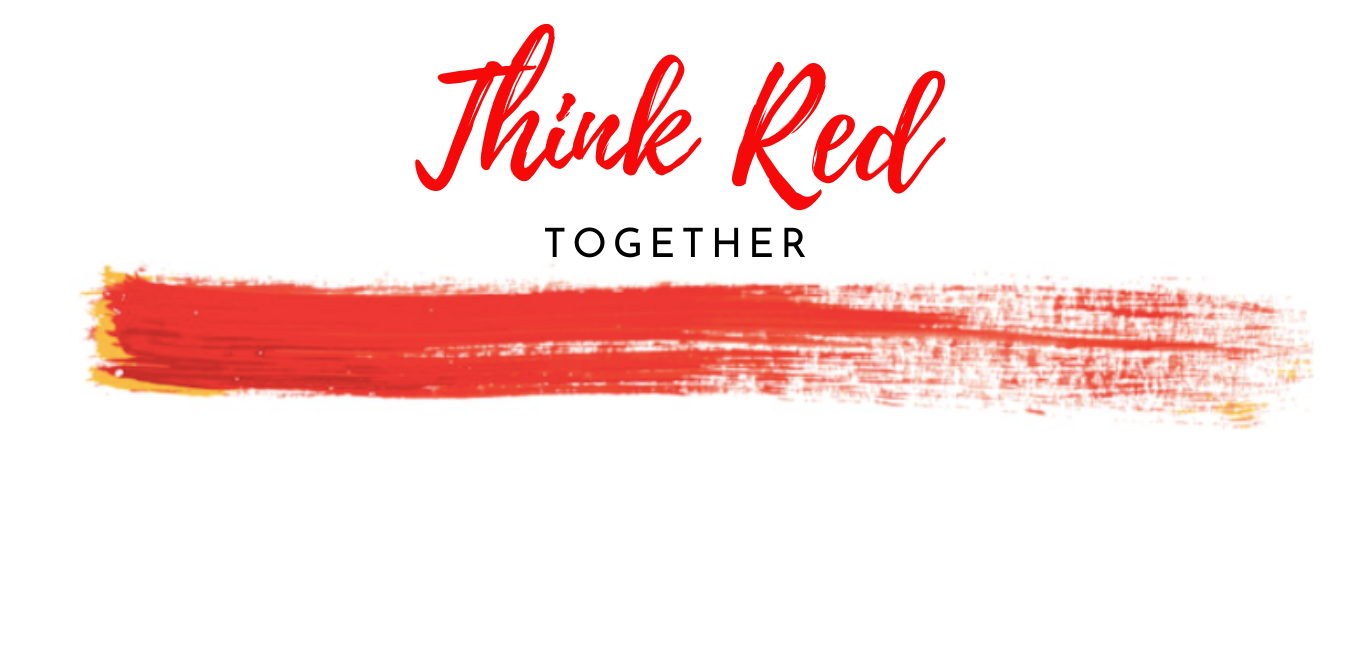
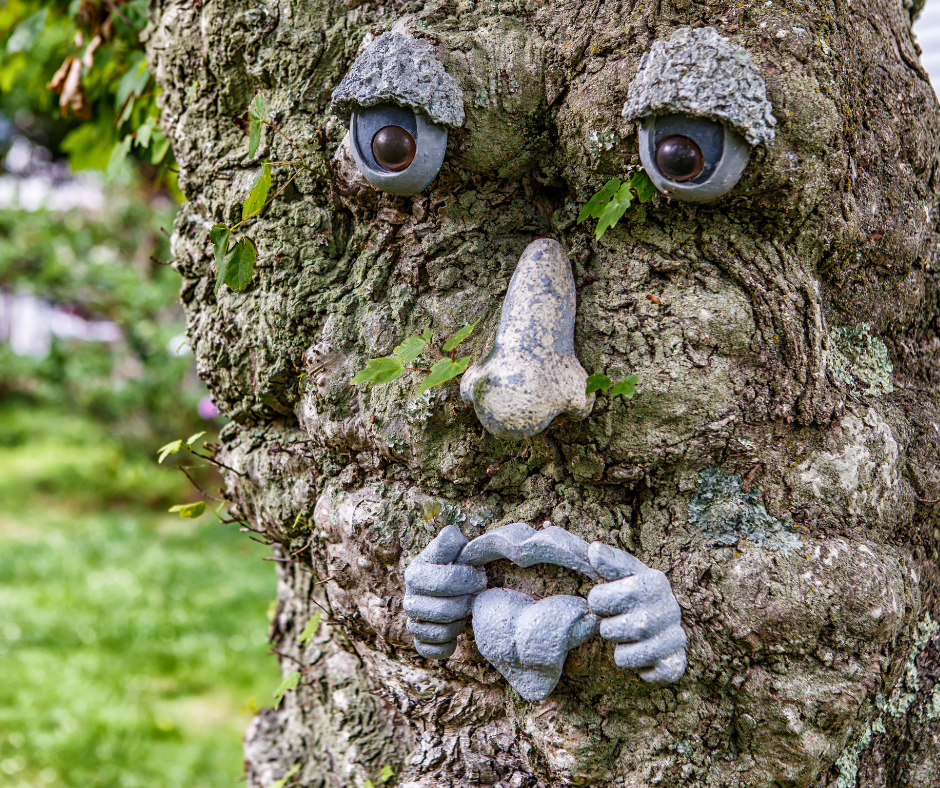
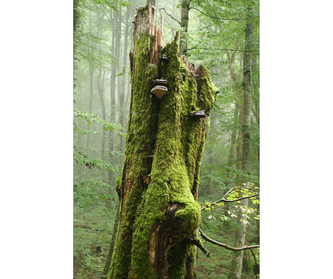




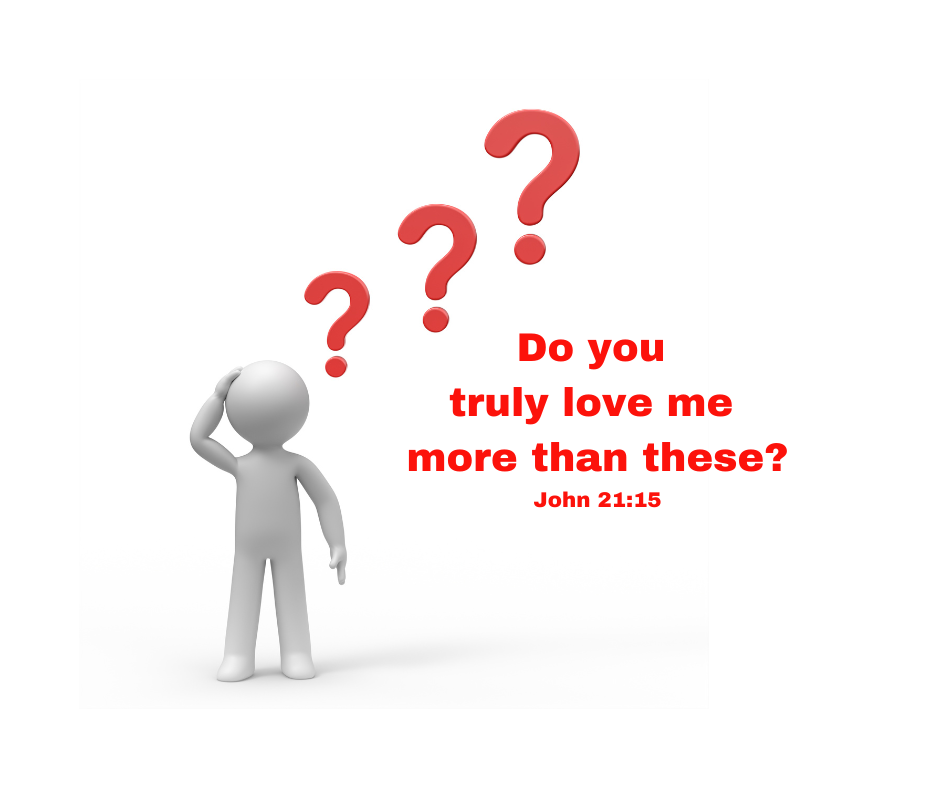
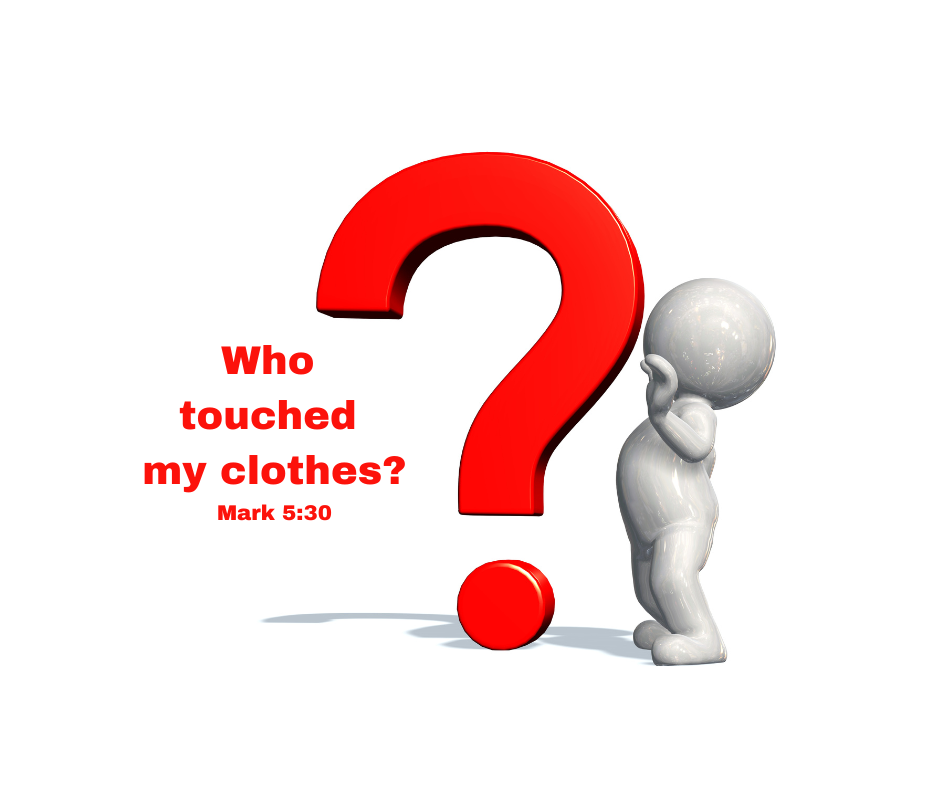
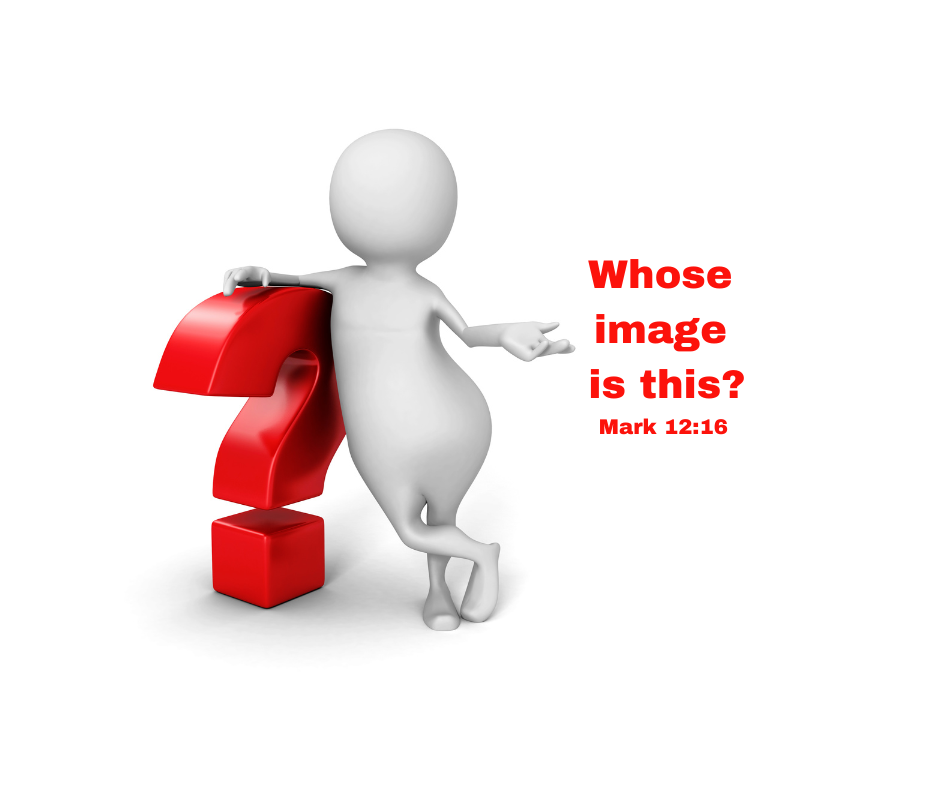
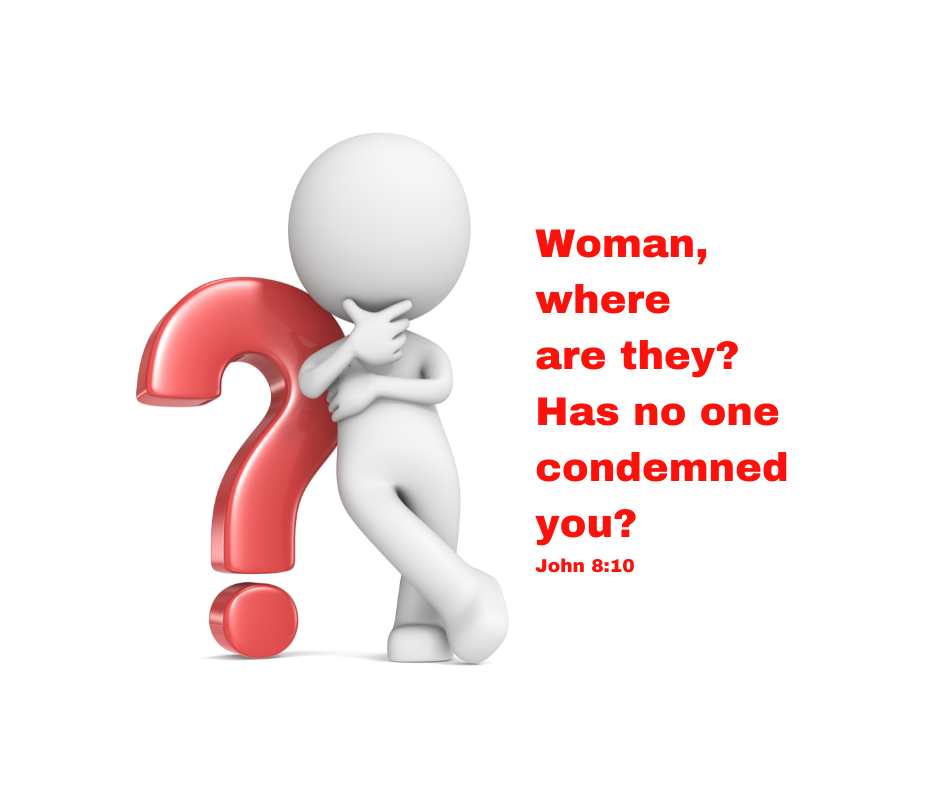
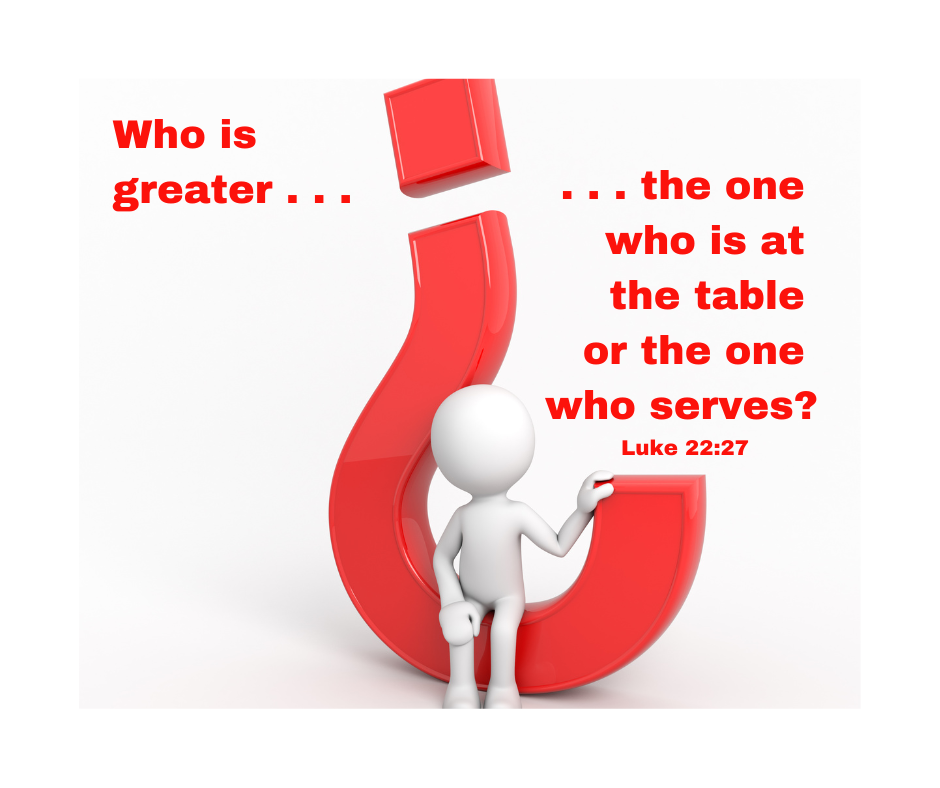
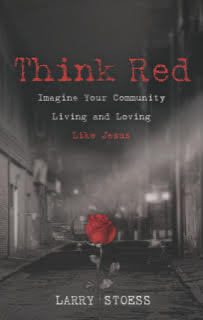

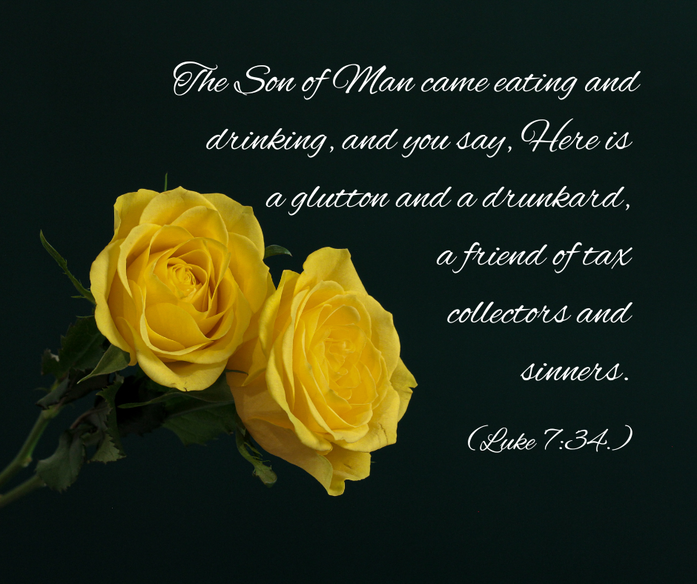

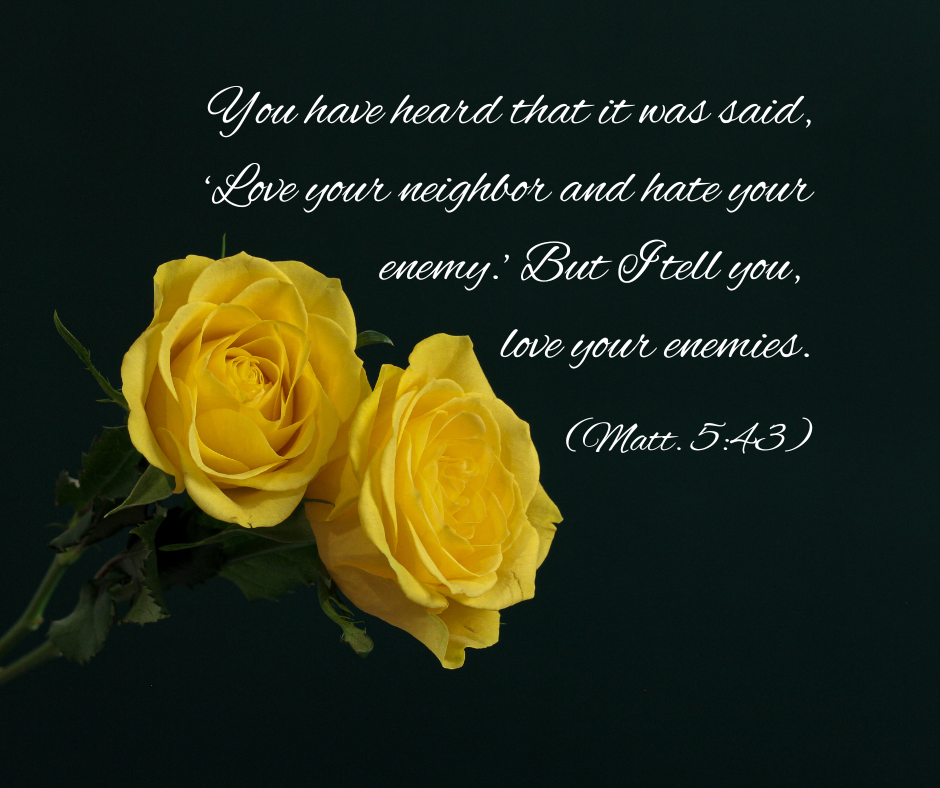
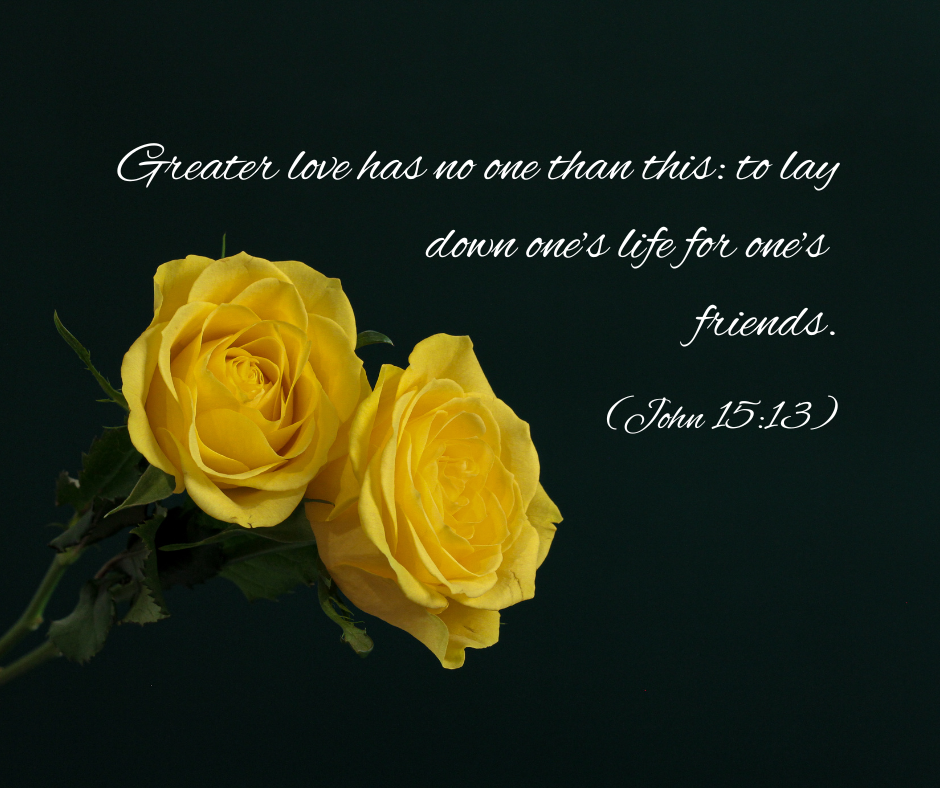

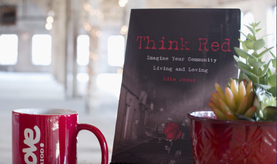








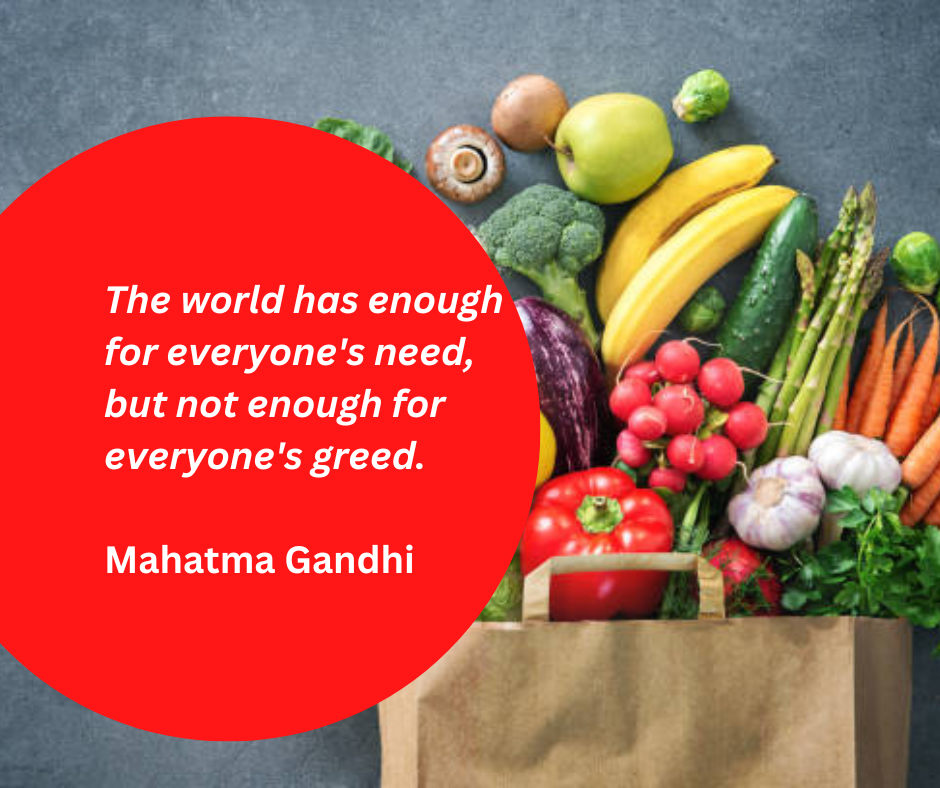
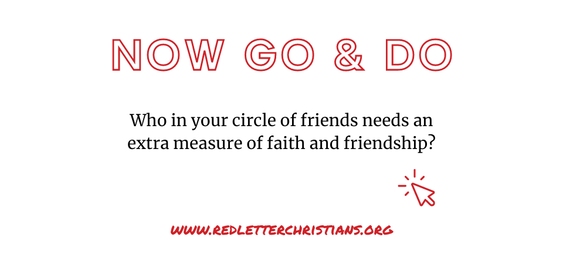
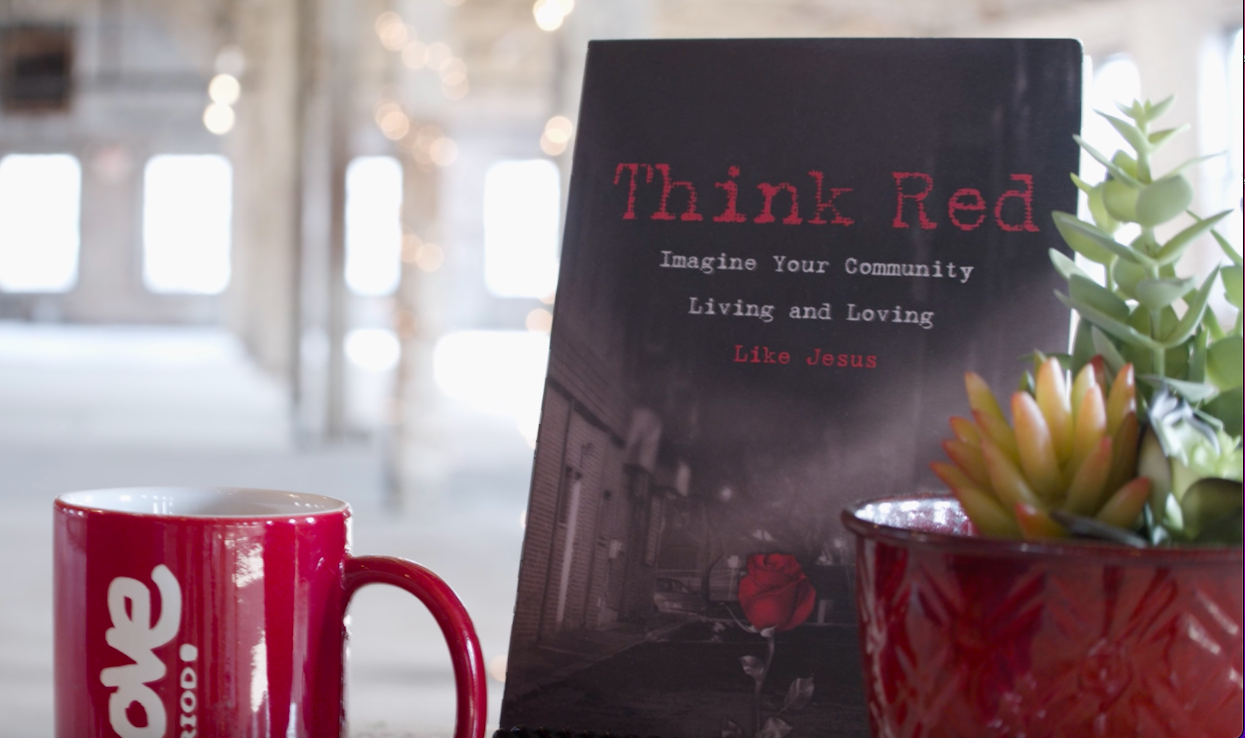
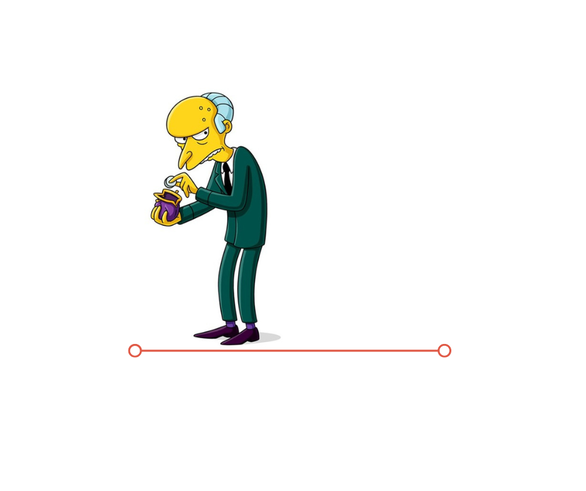
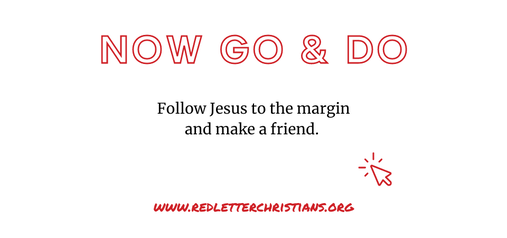
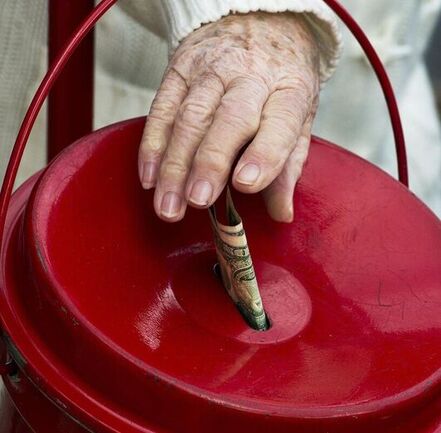

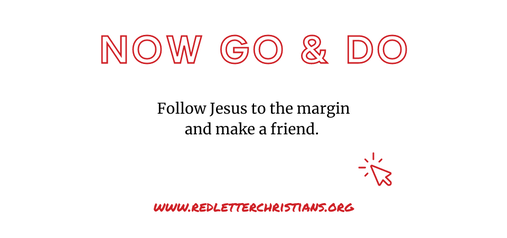
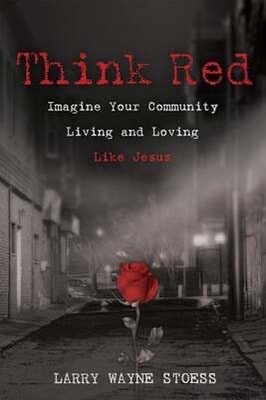
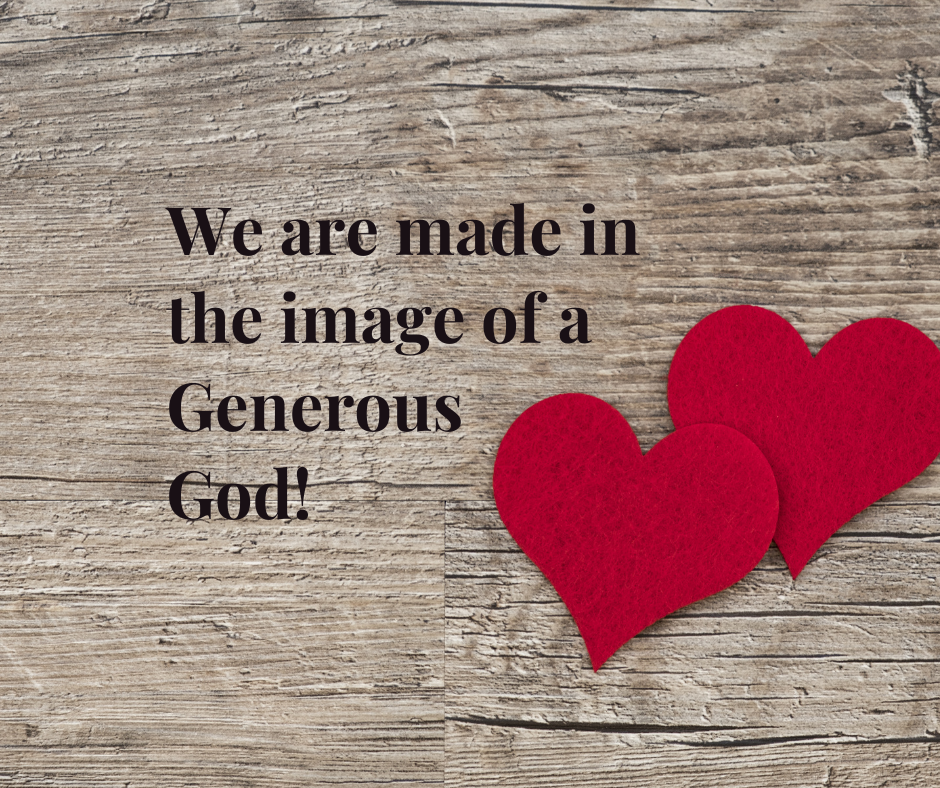
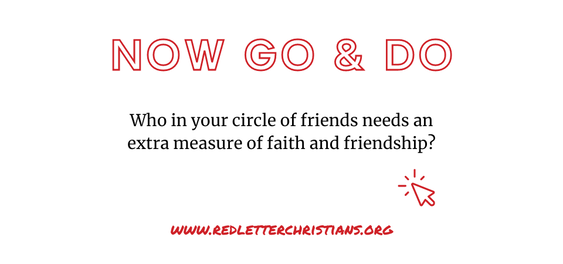
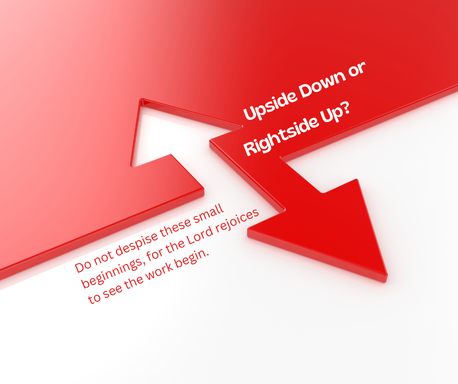

 RSS Feed
RSS Feed